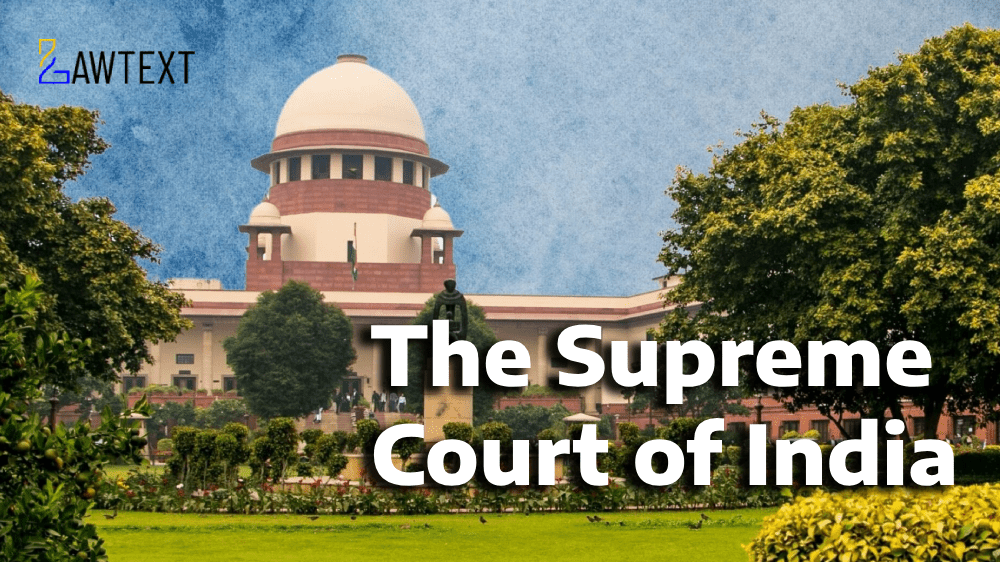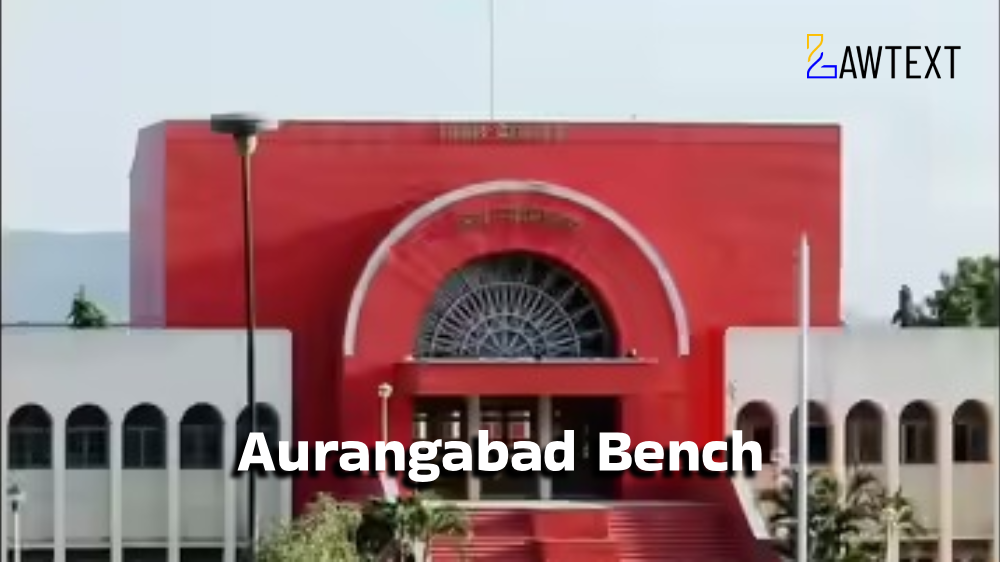Case Note & Summary
Valuation of Shares – The Supreme Court affirmed the High Court’s valuation of shares at ₹640 per share, rejecting the State’s objections. The dispute arose from the 1973 transfer of shares from I.K. Merchants Pvt. Ltd. to the State of Rajasthan. (Para 4, 11)
Interest Award – The Court modified the High Court’s order, granting: Pre-decree interest: 6% per annum (simple) from 8 July 1975 till the date of the decree. Post-decree interest: 9% per annum (simple) from the decree date till realization. (Para 17)
Commercial Transaction – The Court held the transaction was commercial, attracting Section 34 CPC, which permits higher interest rates for such transactions. (Para 12, 13)
Equitable Considerations – The Court emphasized balancing fairness and financial impact, noting the five-decade delay and the State’s liability. (Para 16)
The SC upheld the valuation but revised interest rates to 6% (pre-decree) and 9% (post-decree), payable within two months. (Para 17)
Major Acts:
Code of Civil Procedure, 1908 (CPC) – Section 34 (Interest on Decrees)
Constitution of India (COI) – Article 14 (Equality Before Law)
Subjects:Share valuation, Interest award, Commercial transaction, Section 34 CPC, Equitable compensation, State liability.
Facts:
Nature of Litigation – The appellants challenged the interest rate awarded by the Calcutta High Court on enhanced share valuation for shares transferred to the State in 1973.
Remedy Sought – The appellants sought higher interest (15–18%) for the delayed payment, while the State argued for 5%.
Reason for Filing – Prolonged litigation (since 1978) over fair share valuation and interest for the withheld amount.
Prior Decisions – The High Court upheld ₹640/share valuation and awarded 5% interest, which the SC modified.
Issues:
Whether the interest rate awarded by the High Court was reasonable?
Whether the transaction was commercial, justifying higher interest under Section 34 CPC?
Submissions:
Appellants – Argued for 15% interest, citing commercial nature, inflation, and wrongful withholding. Relied on Alok Shanker Pandey (2007) and Clariant International (2004).
State – Contended 5% was sufficient, denying compulsory acquisition and alleging mismanagement by shareholders.
Ratio:
Interest Award – Courts must balance equity and financial impact, considering delay and commercial nature. (Para 16)
Section 34 CPC – Permits higher interest for commercial transactions but prohibits punitive rates. (Para 13)
Unique Excerpts:
"Money is what money buys… What the appellants could have bought in 1973 cannot be bought in 2025." (Para 5, Bernard Francis)
"Courts must advance with the times, not cling to outmoded concepts." (Para 25, Central Inland Water Transport).
Issue of Consideration: I.K. MERCHANTS PVT. LTD. & ORS. VERSUS THE STATE OF RAJASTHAN & ORS.
Premium Content
The Issue of Consideration is only available to subscribed members.
Subscribe Now to access critical case issues








